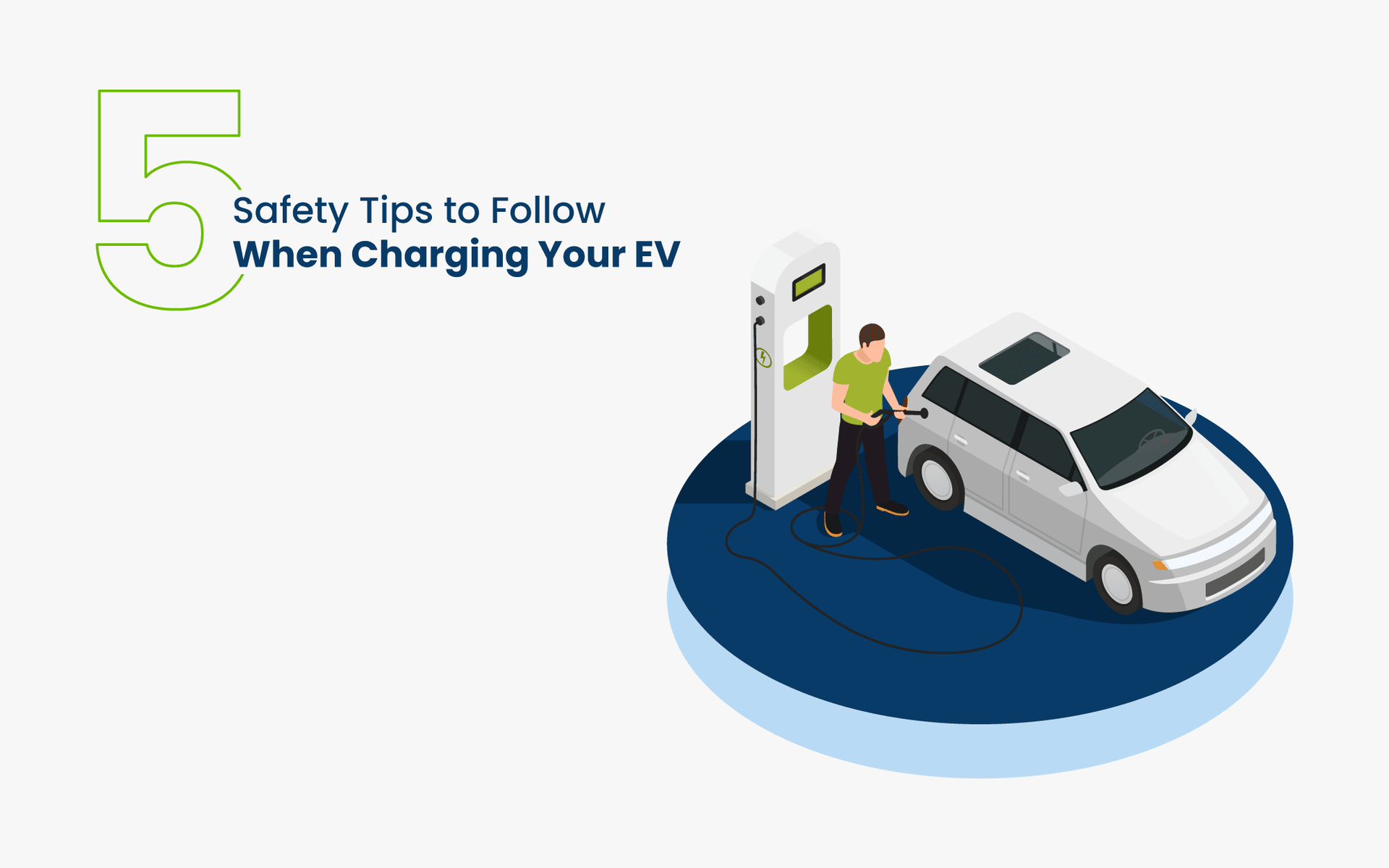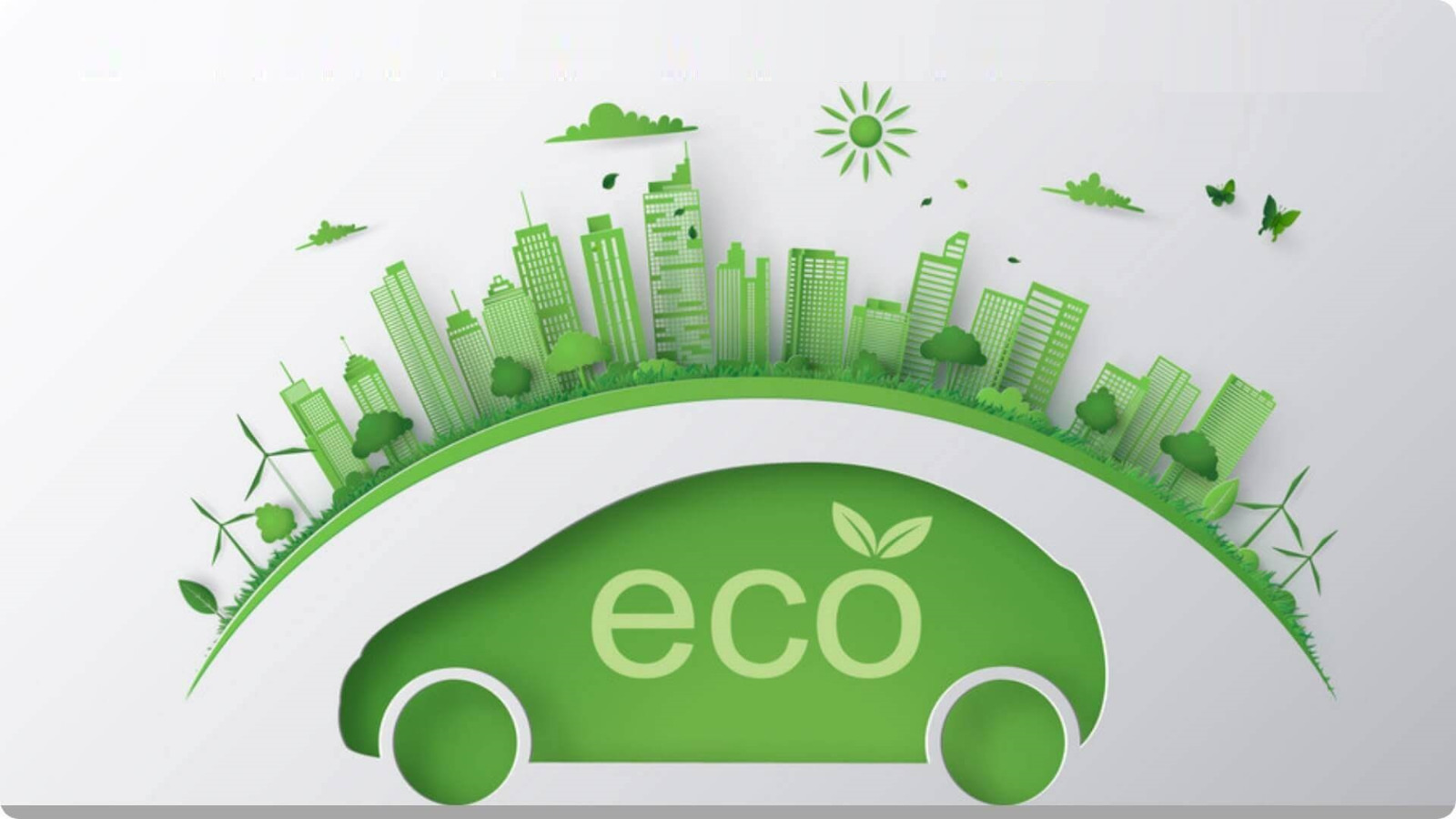Government Initiatives Driving Electric Vehicle Adoption in India
Discover how Indian government initiatives are accelerating electric vehicle adoption, transforming the automotive landscape with sustainable mobility solutions. The smog-choked skylines of Indian cities paint a grim picture of a nation grappling with pollution. Vehicular emissions, major contributors to this grim scene, have spurred the government into action, seeking a cleaner future through the embrace of electric vehicle (EVs). This shift isn’t a mere technological leap; it’s a strategic battle against the rising tide of pollution, and the government’s arsenal is packed with impactful initiatives.
The fight begins with stringent regulations. Bharat Stage (BS) VI emission standards, stricter than their predecessors, aim to curb harmful emissions from gasoline and diesel vehicles. However, these measures alone cannot undo the existing damage. This is where EVs enter the fray.
FAME India Scheme: The Faster Adoption and Manufacturing of (Hybrid &)
Electric Vehicles in India: (FAME) Scheme acts as the vanguard of this eco-friendly offensive. Through demand-side incentives like purchase discounts and supply-side support for manufacturers, FAME II fuels an ecosystem conducive to EV adoption. This financial muscle is further strengthened by the Production Linked Incentive (PLI) Scheme for the Automobile Sector, attracting substantial investments in advanced EV technology and boosting domestic production.
Electricity Supply for Sustainable Development Scheme (EESL): The Electricity Supply for Sustainable Development Scheme (EESL) spearheads charging infrastructure development. By partnering with private players, EESL ensures convenient charging options across highways, cities, and even rural areas, mitigating range anxiety and encouraging wider EV adoption. State-level Electric Vehicle policies add localized firepower, tailoring incentives to specific needs and accelerating penetration in diverse regions.
Public Transport Takes the Lead: The battle against pollution requires mobilizing the masses. Recognizing this, the government prioritizes public transport electrification, with initiatives like the Faster Adoption and Manufacturing of Electric Buses (FAME-II) providing crucial support for state transport corporations and private operators.
State-Level EV Policies: Recognizing the need for localized initiatives, several Indian states have implemented their own EV policies, complementing and amplifying the impact of national programs. These policies often offer additional incentives for EV buyers and manufacturers, focusing on specific segments like two-wheelers or public transport fleets. This tailored approach caters to state-specific needs and accelerates EV penetration in diverse regions. Want to know whether your state has such a policy or not?



